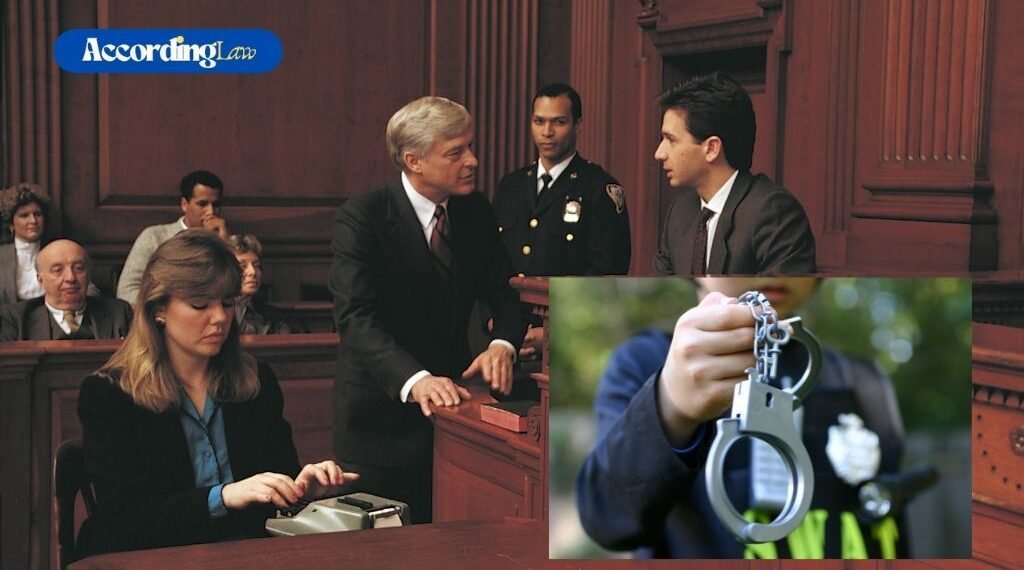The criminal justice system can be difficult for individuals struggling with substance abuse. Drug court programs offer an alternative approach that focuses on rehabilitation instead of punishment, creating a structured path toward recovery and reintegration. If you are seeking Legal guidance after a drug arrest in Phoenix, this article explores how these programs transform lives, reduce repeat offenses, and encourage a more compassionate justice system.
Table of Contents
Understanding Drug Court Programs
Drug court programs serve as a bridge between the justice system and rehabilitation. Rather than relying on incarceration, these courts address the underlying substance use disorders that often lead to criminal charges. By combining treatment with judicial oversight, drug courts provide offenders with an opportunity to rebuild their lives instead of cycling through the system.
Participants follow a structured plan. They typically include:
This structure helps individuals assigned to the program stay accountable while ensuring they’re not alone on their journey. Judges, attorneys, and treatment providers all work as a team to offer guidance and encouragement, creating a strong support system that’s focused on long-term success.
Studies show that drug courts don’t just lower repeat offenses; they also give people a real chance at lasting recovery. By focusing on treatment rather than punishment, these programs alleviate the burden on the justice system and make communities safer. Many participants go on to rebuild healthier relationships, find better job opportunities, and enjoy a more stable lifestyle, demonstrating the profound impact of the experience on their lives.
Entering Drug Court
Most of the time, this starts with an arrest for drug-related offenses. These encounters may happen during traffic stops or investigations where controlled substances are discovered. Although intimidating, these moments often serve as turning points, opening the door to treatment-focused alternatives.
After an arrest, eligible offenders are sometimes offered the choice to enter a drug court program. This opportunity would be extended to those who demonstrate potential for rehabilitation. The courts don’t want to focus solely on punishment, so the system emphasizes recovery and long-term change.
Elements of Drug Court Programs
Each participant undergoes a thorough evaluation to identify their specific needs. This process ensures treatment plans are customized to address both substance use and mental health issues, tackling the root causes of criminal behavior.
Drug courts place a strong emphasis on accountability. Participants must attend court sessions regularly, undergo frequent testing, and meet with probation officers. This level of supervision encourages steady progress and instills responsibility throughout the program.
Successful reintegration requires more than treatment. Many programs provide educational opportunities, job training, housing support, and family counseling. These services help participants stabilize their lives and maintain sobriety while rebuilding community connections and relationships.
Challenges
Addiction recovery involves more than abstaining from drugs; it requires emotional healing. Many participants struggle with guilt, shame, and low self-esteem, all of which can undermine motivation and progress. Overcoming these barriers is a critical part of the journey.
Returning to everyday life after completing a program isn’t always easy. Many people face challenges such as stigma, difficulty finding work, or problems securing housing. Without a steady income and a strong support system, it can feel overwhelming, but with the right resources and encouragement, building a stable, drug-free future is absolutely possible.
The legal side of drug court can sometimes feel confusing and overwhelming. There are rules, requirements, and deadlines that must be followed closely. Having access to legal guidance and supportive professionals can make a big difference, helping participants understand what’s expected and keeping them on the right path throughout their recovery journey.
Conclusion
The path from arrest to recovery can be hard, but drug court programs offer hope and a second chance. By prioritizing treatment and accountability over punishment, these courts empower individuals to rebuild their lives and regain control. If you’re seeking Legal guidance after a drug arrest in Phoenix, know that drug courts provide not only structure but also resources to help offenders return to society as contributing members.


